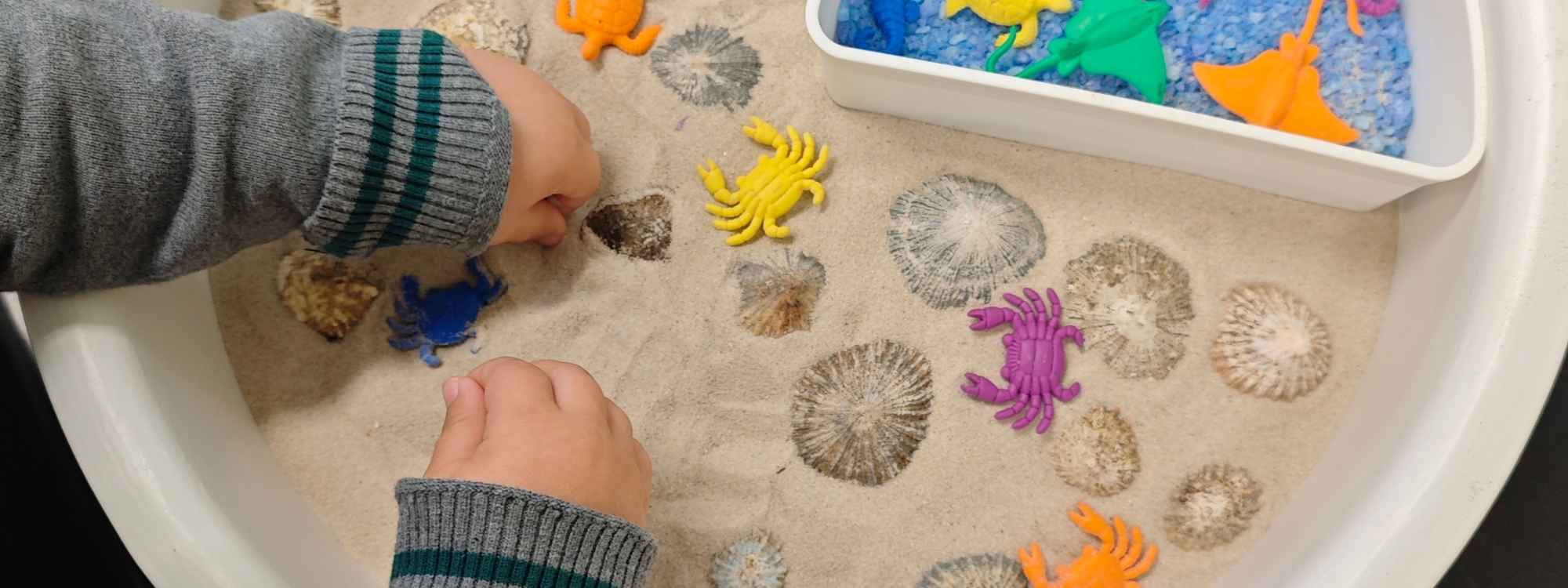Working with Autistic Children: Effective Strategies & Support
Working with autistic children requires patience, understanding, and evidence-based strategies that support their unique learning and communication styles. Autism Spectrum Disorder (ASD) affects individuals differently, with variations in sensory sensitivities, social interactions fine motor skills, and behavior. While some autistic children may have strong verbal skills, others might rely on nonverbal communication methods. Caregivers, educators, and therapists must adopt an individualized approach to help each child thrive in their environment.
This guide explores key strategies for working with autistic children, including communication techniques, behavior management, sensory accommodations, and social skills development. By implementing these approaches, parents, teachers, and professionals can create a more supportive and inclusive environment for autistic children.
Understanding Autism Spectrum Disorder (ASD)
Autism Spectrum Disorder (ASD) is a neurological condition that affects communication, behavior, and sensory processing in autistic people. The term “spectrum” highlights the wide range of abilities and challenges autistic individuals may experience. Some children may struggle with verbal communication and social interactions, while others may excel in structured environments but find flexibility difficult.
Autistic children often experience sensory differences, which means they may be sensitive to loud noises, bright lights, or certain textures. They may also exhibit repetitive behaviors, strong interests in particular topics, or difficulty with changes in routine. Understanding these aspects of autism is essential when developing effective strategies and resources for supporting children in various settings.
Communication Strategies for Autistic Children
Effective communication strategies are essential when working with autistic children, as many experience challenges in understanding and expressing language. Some children with autism may communicate verbally, while others may use alternative methods such as gestures, visual aids, or assistive technology.
- Using Visual Supports: Many autistic children benefit from visual schedules, picture exchange communication systems (PECS), and social stories to understand daily routines and expectations.
- Encouraging Alternative Communication Methods: Children who struggle with verbal communication may use augmentative and alternative communication (AAC) devices, sign language, or communication boards to express their needs.
- Simplifying Language: Using short, clear sentences with concrete language can help autistic children process information more effectively. Avoiding figurative language and metaphors ensures better comprehension.
- Allowing Processing Time: Some autistic children need extra time to process and respond to questions or instructions. Being patient and avoiding rushing them helps build confidence in their communication abilities.
Behavior Management Strategies
Managing behaviors in autistic children requires understanding that behaviors are often a form of communication. When a child exhibits challenging behaviors, for example, it is crucial to assess the underlying cause, such as frustration, sensory overload, or unmet needs.
- Identifying Triggers: Observing patterns in a child’s behavior can help identify triggers, such as loud environments, unfamiliar situations, or changes in routine.
- Using Positive Reinforcement: Encouraging positive behaviors through praise, rewards, and structured reinforcement strategies helps autistic children understand expectations.
- Providing Predictability and Structure: Many autistic children thrive on routine and consistency. Using visual schedules, timers, and clear expectations helps reduce anxiety and resistance to transitions.
- Teaching Emotional Regulation: Activities such as deep breathing exercises, sensory breaks, and calming activities can help children self-regulate their emotions when feeling overwhelmed.
Sensory Considerations & Adaptations
Autistic children often experience sensory processing differences, which can impact their ability to focus, interact, and participate in daily activities. Some children may seek more sensory input, while others may be sensitive to certain sensory stimuli.
- Creating a Sensory-Friendly Environment: Minimizing bright lights, loud noises, and strong smells can help reduce sensory overload.
- Providing Sensory Tools: Items such as fidget toys, noise-canceling headphones, weighted blankets, and chewable jewelry can support sensory regulation.
- Allowing Movement Breaks: Some children benefit from short movement breaks or access to a quiet space to help regulate their sensory input.
- Respecting Personal Space: Some autistic children may feel uncomfortable with physical touch or crowded spaces, so allowing personal space is important in social interactions.
Social Skills Development & Peer Interaction
Developing social skills can be challenging for autistic children, as they may have difficulty understanding social rules, nonverbal cues from adults, or peer interactions. However, structured and supportive approaches can help them build meaningful connections.
- Teaching Social Rules: Using social stories, role-playing, and modeling appropriate interactions helps children understand expected behaviors in social settings.
- Encouraging Structured Play: Engaging in small group activities, turn-taking games, and cooperative play fosters peer interaction in a controlled manner.
- Providing Peer Support Programs: Schools can implement peer mentoring or buddy systems to encourage friendships and inclusion.
- Developing Emotional Recognition Skills: Helping autistic children recognize facial expressions, tone of voice, and body language can improve social understanding.
How Caregivers & Educators Can Provide Support
Supporting autistic children requires collaboration between caregivers, families, educators, and healthcare providers. A well-rounded approach ensures that children receive consistent support in all aspects of life.
- Parental Support at Home: Parents can use visual schedules, structured routines, and sensory activities to help children feel secure and engaged.
- Educator Strategies in Schools: Teachers should implement individualized education plans (IEPs), classroom accommodations, and flexible teaching approaches to support learning.
- Collaboration with Therapists: Occupational therapists, speech therapists, and behavioral specialists play a key role in developing individualized strategies for autistic children.
- Providing Training for Caregivers and Teachers: Workshops and training sessions can equip caregivers and educators with effective tools and strategies.
Conclusion
Working with autistic children requires a thoughtful approach that considers their strengths and challenges. By implementing effective communication strategies, structured behavior management techniques, sensory accommodations, and social skills training, caregivers and educators can create a supportive environment that fosters growth and success. Through collaboration, patience, and the use of evidence-based practices, autistic children can thrive and reach their full potential.
Looking for expert guidance in supporting autistic children? Champions ABA provides individualized behavioral therapy, communication strategies, and sensory accommodations to help children thrive at home and in school. Our dedicated professionals work closely with families and educators to create tailored intervention plans. Call (877) 242-1744 or visit our website today to learn how we can support your child’s growth and development!
FAQs
How do you work with an autistic child?
Working with an autistic child requires patience, structure, and individualized approaches. Using visual aids, clear communication, and predictable routines can help support their learning and emotional regulation. Observing their strengths and preferences during the learning process allows for a tailored approach that enhances their development.
What qualities do you need to work with autistic children?
Individuals working with autistic children should possess patience, empathy, adaptability, and strong communication skills. Understanding sensory sensitivities, behavior management techniques, occupational therapy, and alternative communication methods is also beneficial in providing effective support.
How to discipline a child with autistic behavior?
Discipline for autistic children should focus on positive reinforcement, clear expectations, and structured guidance rather than punishment. Identifying triggers, using calming techniques, and teaching alternative coping strategies can help address challenging behaviors effectively.
What are ADL activities for autism?
Activities of Daily Living (ADL) for autistic children include self-care routines, dressing, eating, hygiene, and household tasks. Using step-by-step instructions, visual schedules, and hands-on practice can help kids improve their independence in daily activities.


